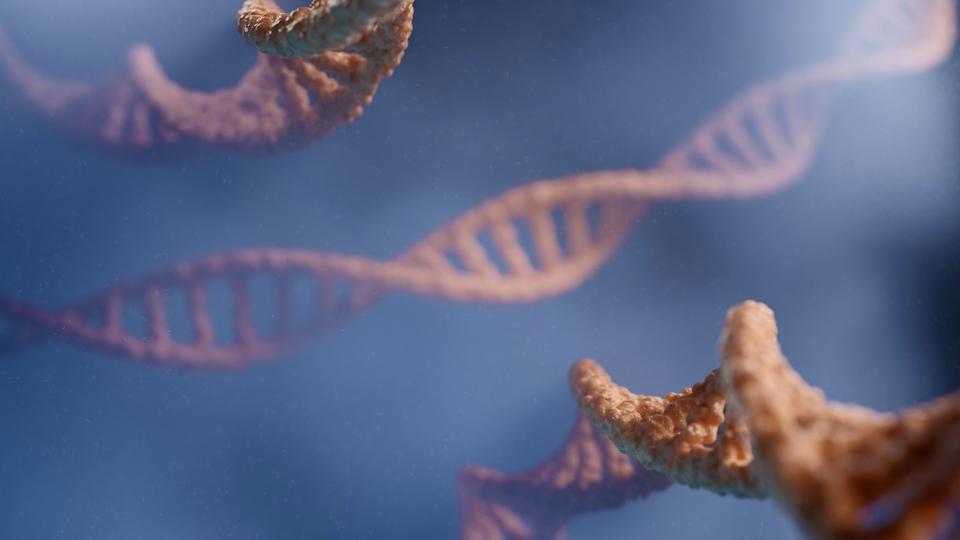Ionis plans phase 3 for Biogen-rejected Angelman drug

Ionis has committed to a phase 3 programme for its antisense therapy for rare genetic disorder Angelman syndrome, just weeks after Biogen decided against exercising an option to license the drug.
The plan comes just ahead of the presentation of detailed data from the phase 1/2 HALOS study ION582 – also known as BIIB121 – at the 2024 Angelman Syndrome Foundation (ASF) family conference tomorrow.
Angelman syndrome is caused by several genetic mutations, but the most significant is loss of function in the maternally inherited form of the UBE3A gene, which leads to complications in the nervous system and severe issues with movement, balance, and learning.
A child with Angelman syndrome – which affects around one in 21,000 births worldwide – will typically begin to show signs of delayed development at around six to 12 months. There are no approved treatments for the disorder.
Usually, a child gets two copies of the UBE3A gene, one from each parent, but in this case only the gene from the mother is active. ION582 is designed to 'unsilence' the normal paternal UBE3A gene to increase the production of the UBE3A protein in the brain.
In HALOS, three doses of ION582 were tested in 51 subjects, achieving what Ionis described as a "robust and consistent benefit" on communication, cognition, and motor function.
All told, 97% of people in the medium and high dose groups saw an improvement in overall symptoms measured using the Symptoms of Angelman Syndrome–Clinician Global Impression-Change (SAS-CGI-C) scale, with "favourable" safety and tolerability, according to the company.
It is now planning to meet with the FDA and other regulators to agree on a phase 3 study design, intending to start the programme in the first half of 2025. Meanwhile, eligible HALOS patients have transitioned into a long-term extension part of the study, which is evaluating the two higher doses of ION582 for an additional 12 months.
Biogen opted out of the development of INO582 in May, at the same time as it decided not to proceed with another Ionis-partnered programme, BIIB105 for amyotrophic lateral sclerosis (ALS).
Now, Ionis' chief executive, Brett Monia, has said INO582 will be "the cornerstone of Ionis' next wave of transformational, wholly-owned medicines for neurological conditions, which currently includes five clinical-stage programmes."
Other companies working on antisense treatments for Angelman syndrome include Ultragenyx, which reported positive phase 1/2 results with its GTX-102 drug earlier this year, and Roche/Genentech, which have a candidate in early clinical development.
Various companies are also looking at gene therapies to treat the disease, including PTC therapeutics, Bayer/AskBio, Bamboo/Pfizer, and Stride Bio/Sarepta.
Photo by digitale.de on Unsplash











